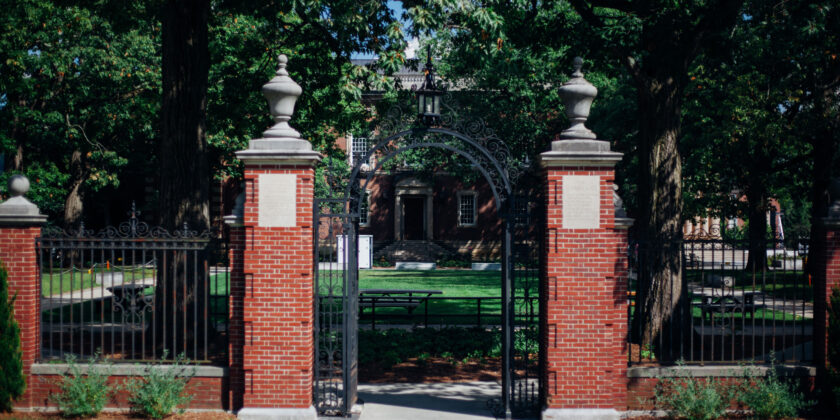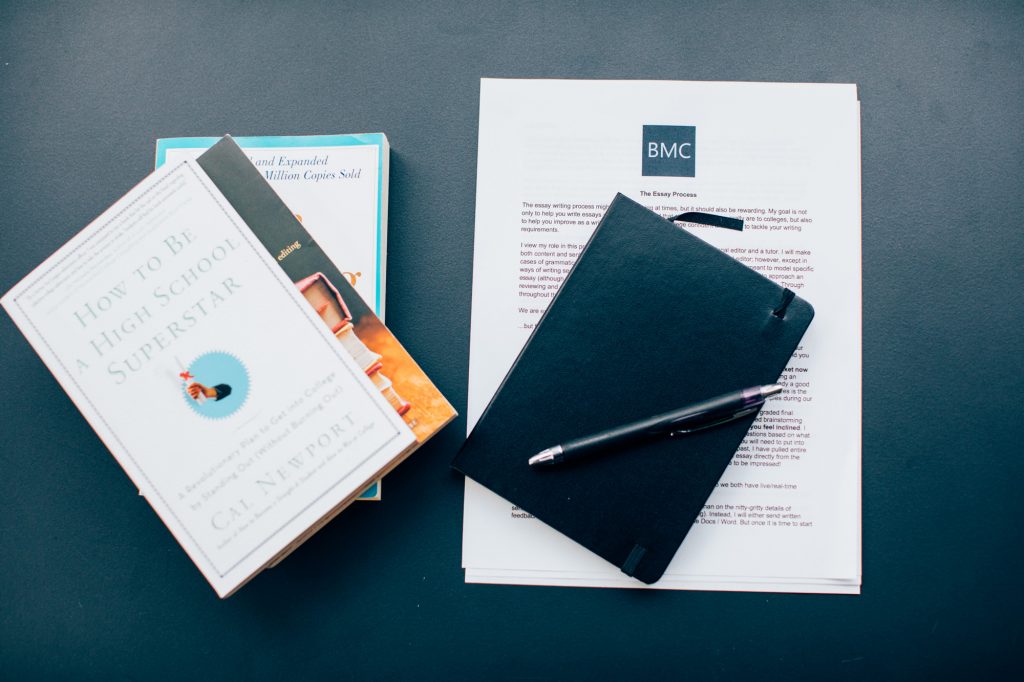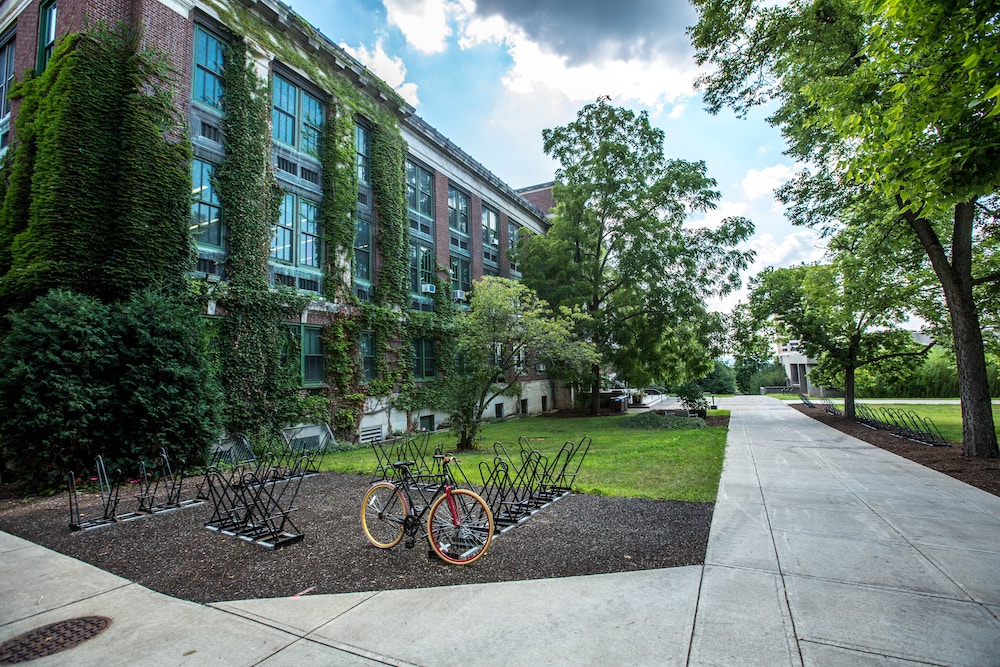What Makes an Effective Personal Statement or Common App Essay
Your personal statement should uniquely reflect who you are, what you value, and how you think—while also engaging and even surprising the reader.
You may be thinking, “Nothing much has happened to me! How can I surprise the reader?” Well, one of the biggest myths about the personal statement is that you can’t write a good one unless you have a “big” or tragic story to tell: “I was on my way to becoming a professional skater before I shattered my ankle,” or “I overcame a life-threatening disease then founded my own nonprofit to fund research on that disease.” While an experience like this could make for an excellent (though painful) personal statement, it could also make for…a really boring essay. Though it’s sad to say it, admissions officers have read many of these stories and so aren’t surprised or even moved by them.
Just think about it: admissions officers read thousands of essays every year, year after year. To get through them all, they have to read quickly, stopping once they figure out which “pile” you belong in (yes, no, or maybe). Your goal is to force that reader to slow down, even stop—to make them want to read your essay, to make them think, “I’ve never seen this before!” Admissions officers are more likely to have seen the “big” stories before—every year, they read thousands of essays about sports injuries and divorces, about Eagle Scout projects and difficult classes. Often, the best way to surprise the reader is to think small—to write about an unusual hobby (Sample Essay 6 in The Complete College Essay Handbook) or passion (Sample Essay 5 in The Complete College Essay Handbook)—or to write about a more common experience in an unexpected way, like discussing your parent’s divorce in the context of a violent protest (Sample Essay 4 in The Complete College Essay Handbook). Surprise can also be contextual. A varsity soccer player writing about varsity soccer? Not surprising. A varsity soccer player writing about his passion for cooking? That’s surprising!
A note: not all surprises are not created equal. There is the pleasant, gentle “surprise party” kind of surprise, and then there is shock, which can be invoked through violent images or vulgar confessions, and which produces negative emotions—fear, disgust, anger, and more.
Finally, a word on style and structure. The personal statement has two central elements: scene and reflection. Scene shows the reader what happened in an exciting way, and reflection explains its relevance. At the same time, your personal statement shouldn’t be all scene, but a balanced mix of scene and reflection. Reflection enables you to place the scene into its larger context and to show you thinking through the story.
Grad a copy of The Complete College Essay Handbook to keep learning more!
*Stay in the know! Subscribe*








